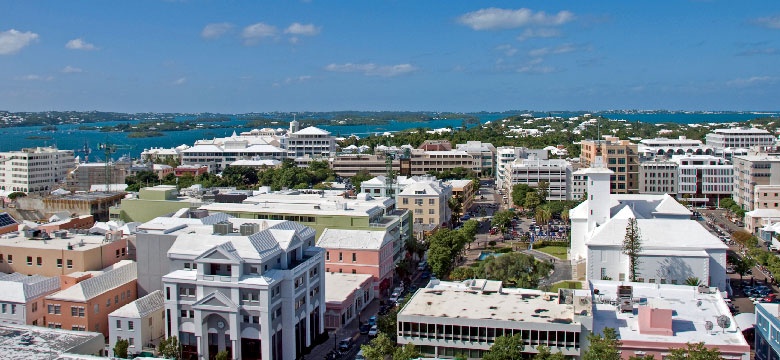
On 1 April 2022, the Labour Advisory Council (the “LAC”) reconvened with a robust agenda geared towards strengthening the rights of employees, establishing guidelines for the misclassification of employees and creating further protections for work permit holders.
The LAC, established in the 1960s, is a non-statutory tripartite Government Board tasked with advancing industrial relations and garnering consensus amongst its members to make recommendations concerning legislative amendments, policies, and standards regarding Bermuda’s labour force.
Chaired by the Minister of Economy and Labour, The Hon. Jason Hayward, JP, MP, the LAC comprises government representatives, employer and worker groups as equal and independent partners, working together to find solutions to the issues facing Bermuda’s labour force through social dialogue or tripartism.
Over the years, the work of the LAC has positively impacted the labour force and has furthered harmonious industrial relations between the government, employer groups and worker groups. A recent example is the creation of the Bermuda Employment and Labour Code, which came into force on 1 June 2021 as a collaborative effort by the members of the LAC.
The LAC is tasked with considering several amendments to the Employment Act 2000 to strengthen the rights of employees, including but not limited to equal pay for equal work provisions, formal guidelines concerning tips and gratuities, and wage theft protection clauses.
Additionally, a sub-committee has been created to consider and produce guidelines regarding the misclassification of employees as independent contractors.
In this session, the LAC discussed amendments to the Department of Immigration’s work permit policy related to the use of arbitration clauses in contracts of employment. Also discussed was ensuring work permit holders are aware, once they arrive in Bermuda, of the various resources available to them and their rights and obligations under the Employment and Labour Code which governs their employment in Bermuda.
Items already on the agenda for the next LAC meeting include discussing domestic and sexual violence leave and a review of the International Labour Organization’s Inequalities in the World of Work Report.
The LAC has agreed to meet every two months instead of its regular quarterly meeting schedule to ensure that these matters, and others brought before the LAC, are addressed expeditiously and equitably.
